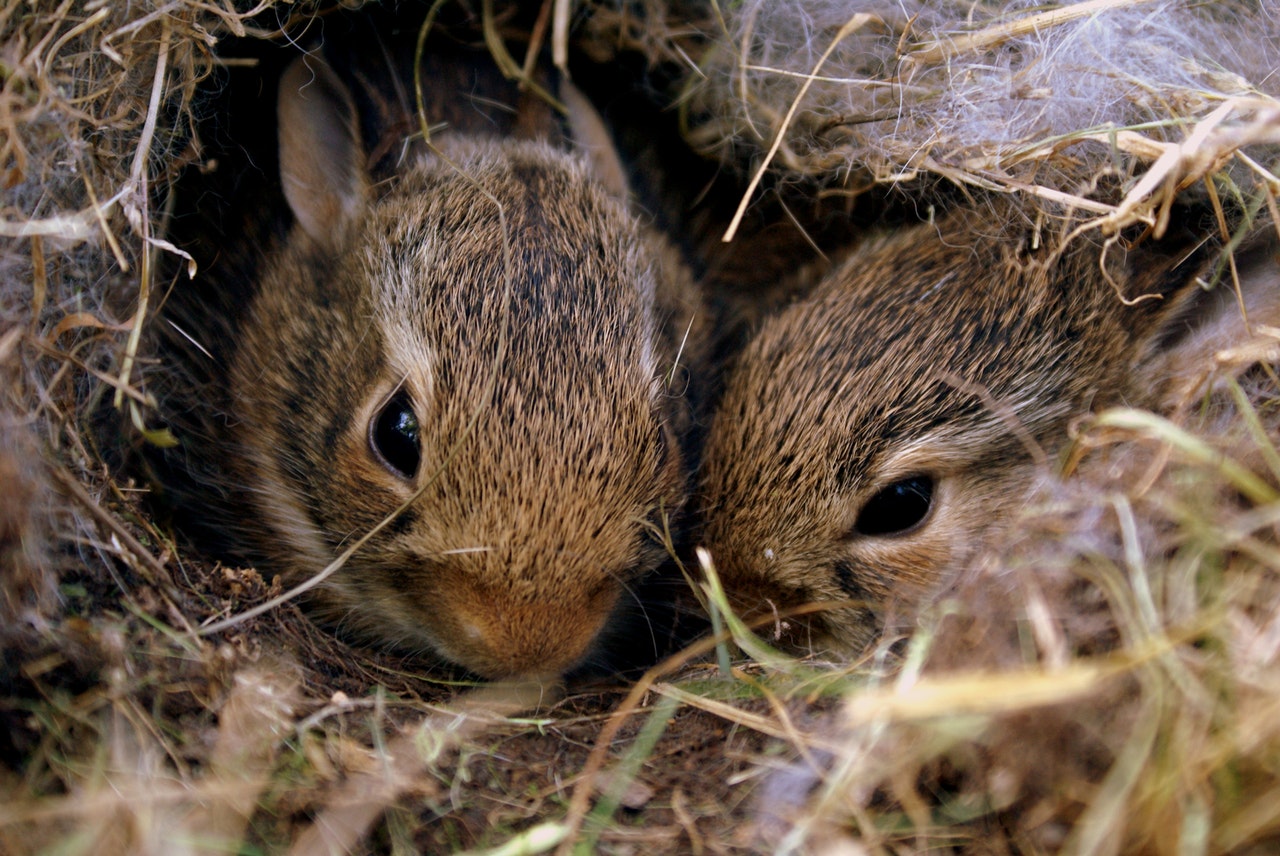Are you a Rabbit Mom, or looking to become one? If so, you’ve come to the right place! This article will provide you with all the knowledge and advice you need to be an informed and responsible Rabbit Mom. From understanding their needs and behaviors to learning how to best provide care and create a healthy environment, this article will help you get started raising a happy, healthy rabbit.
The Bond Between a Rabbit Mom and Baby Bunnies
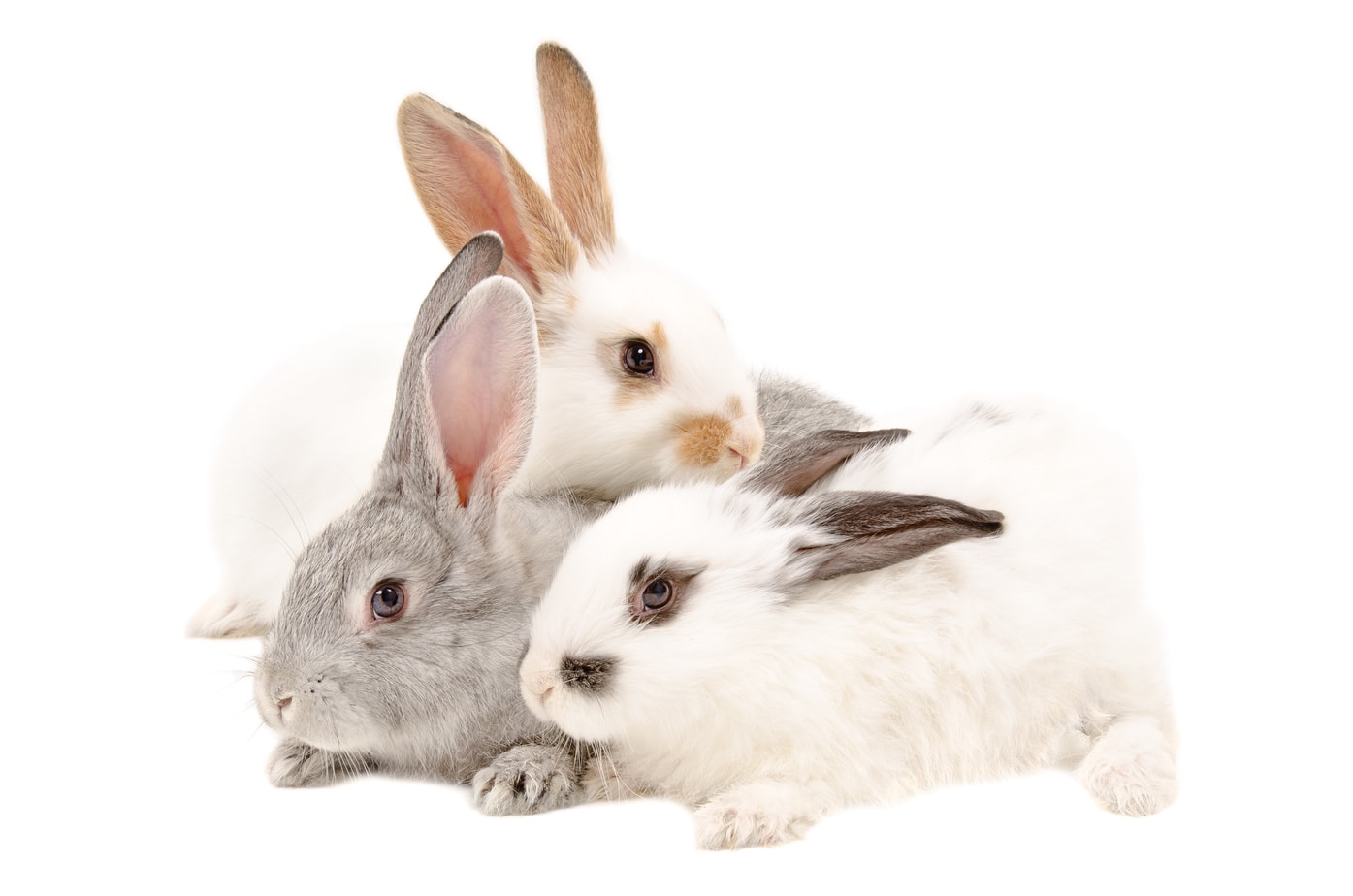
Rabbit moms form a strong bond with their young, known as baby bunnies. While some rabbits may be more maternal than others, all moms form a special bond with their offspring. Rabbits are incredibly affectionate towards their young and demonstrate this through grooming, licking, and cuddling.
Rabbits are excellent mothers and will fiercely protect their mommy and baby bunnies from any perceived danger. A rabbit mom will build a nest of hay and fur to provide a warm and safe environment for her babies. She will nurse them and clean them regularly, and will even move them to a different location for extra protection.
Rabbits are naturally curious and will explore their surroundings. However, their maternal instinct will kick in when their babies are in danger. A rabbit mom will guard her babies and ensure that they are safe from harm.
The bond between a rabbit mom and her babies is one of the most beautiful aspects of rabbit parenting. It is a bond that is built on trust and love that will last for life.
Preparing for a Rabbit Mom’s Arrival

When bringing home a mom and baby bunny for the first time, there are a few important things to do in order to ensure a safe and healthy environment for your new family members.
Ensure Adequate Space – A rabbit’s home should be spacious enough to allow them to move and play freely. An enclosure should be large enough to house all of the rabbits, and should be escape-proof with no sharp edges.
Create a Nesting Area – Provide a safe, comfortable area for the mom and her babies, such as a box or hay-filled corner. This should be away from drafts and other disturbances.
Provide a Nutritious Diet – A balanced diet of hay, fresh vegetables, and leafy greens should be available at all times. Pellets should only be given in moderation.
Provide Toys and Chewables – Provide toys and chewables to keep the mom and babies entertained and to help keep their teeth trim.
Regularly Monitor the Health of Your Rabbits – Regularly check the ears, eyes, and teeth of your rabbits to ensure they are healthy and free of any infection or disease.
By following these tips, you can help ensure the health and safety of your mom and baby bunny. With a little bit of preparation and care, you can create a safe and loving home for your new furry friends.
Caring for a Baby Bunny
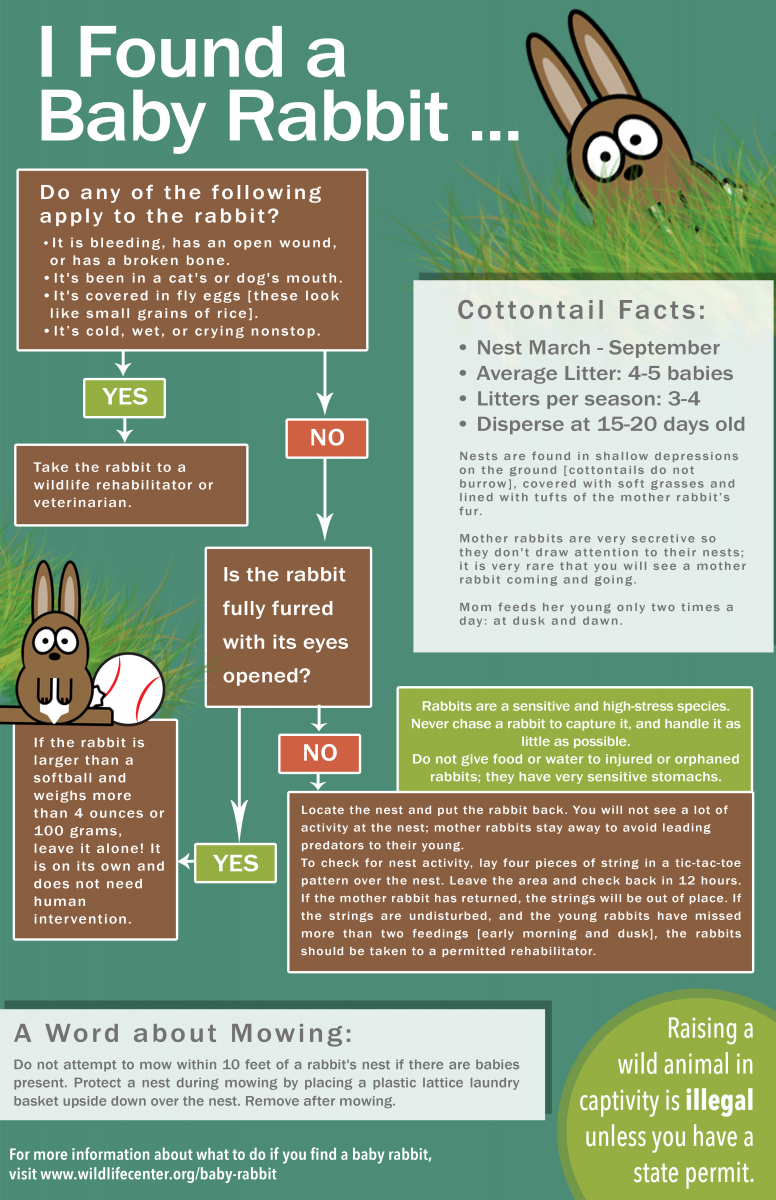
Feeding
A rabbit mom should ensure their baby bunny is getting the correct nutrition. A diet of hay, fresh vegetables, and a small amount of pellets is ideal. Feeding twice a day, morning and night, is recommended. It is especially important to ensure the hay is always available to keep their teeth healthy.
Grooming
Rabbit moms should brush their baby bunny regularly to reduce shedding and maintain coat health. Brushing twice a week should be enough to keep their coat clean and healthy.
Socialization
Socializing is essential for a baby bunny. Handling them daily and getting them used to being handled is important for proper growth and development.
Health Care
Rabbit moms should take their baby bunny to the vet for regular check-ups to ensure their health and monitor any changes. Vaccinations are recommended for protection against certain diseases.
Finally, it’s important for rabbit moms to stay consistent with their care and take the time to understand their baby bunny’s needs. With proper care and love, a baby bunny can grow into a healthy, happy adult rabbit.
The Role of a Rabbit Mom in Baby Bunny Development
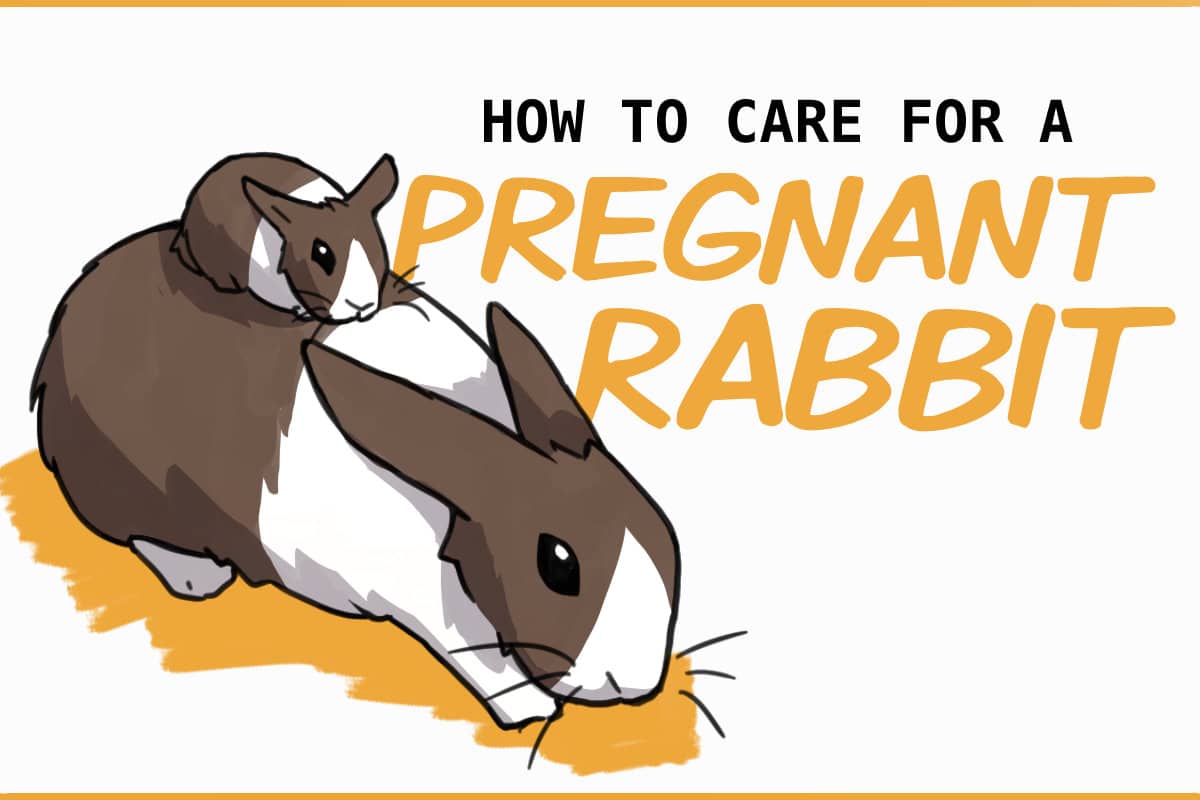
A Rabbit Mom plays a crucial role in the development of her baby bunnies. From providing a safe and clean environment to teaching them important life skills, she provides her babies with the necessary tools they need to become independent and healthy.
The first step in baby bunny development is to create a safe and secure space for them to grow. This can be done by providing a comfortable hutch, plenty of hay and straw for bedding, and an area for them to run and play. Rabbit Moms must also ensure that their hutch is safe from predators, and that their babies have plenty of fresh water and food.
Once the baby bunnies are comfortable and secure, Rabbit Moms must provide them with the necessary life skills. This includes teaching them how to eat, groom, and interact with other rabbits. Rabbit Moms must also keep an eye on their babies to make sure they are not getting into any trouble.
Finally, Rabbit Moms must provide their babies with plenty of love and affection. This is essential for their emotional and mental development. Rabbit Moms should also be patient and understanding when teaching their babies new skills, as this will help them to learn more quickly.
By providing her babies with a safe and secure environment, teaching them important life skills, and showing them plenty of love and affection, a Rabbit Mom plays a critical role in their development. With a little patience and understanding, she can ensure that her babies grow up to be healthy, happy, and independent.
The Benefits of Having a Rabbit Mom
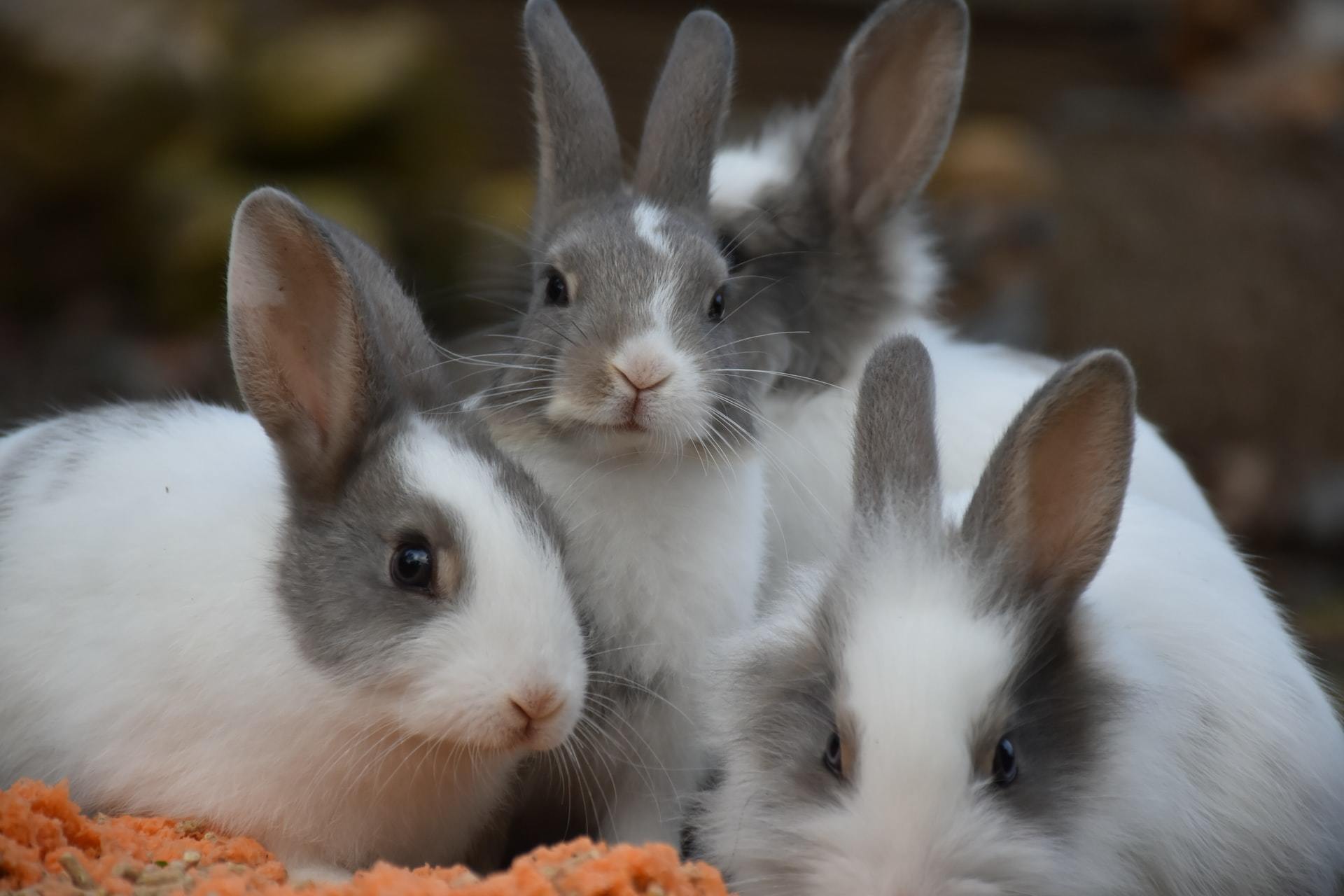
Health Benefits: Rabbits are known to be very healthy animals and with a rabbit mom, you can be sure that your pet will receive the nutrition and care it needs. A rabbit mom will provide your pet with a balanced diet and plenty of exercise, which can help prevent obesity and other health problems. A rabbit mom can also help identify any signs of illness or injury early on, so that you can take the necessary steps to keep your rabbit healthy.
Behavioral Benefits: Rabbits are social animals and a rabbit mom can help your pet develop its socialization skills. A rabbit mom will provide your pet with plenty of love and attention and be sure to spend quality time with your pet. This will help your pet become more comfortable with its surroundings and other animals, which can help reduce behavioral issues.
Lifespan Benefits: Rabbits can live for up to 10 years, and a rabbit mom can help your pet reach its full potential. A rabbit mom will provide your pet with the necessary nutrition and exercise that can help it live a longer and healthier life. A rabbit mom can also provide your pet with the necessary medical care it needs, which can help it live a longer life.
Other Benefits: Rabbits can be great companions and a rabbit mom can help your pet become a part of your family. A rabbit mom will help your pet become more comfortable with its surroundings and can provide the necessary bonding time that can help your pet become more trusting and loving.
Challenges of Raising a Rabbit Mom
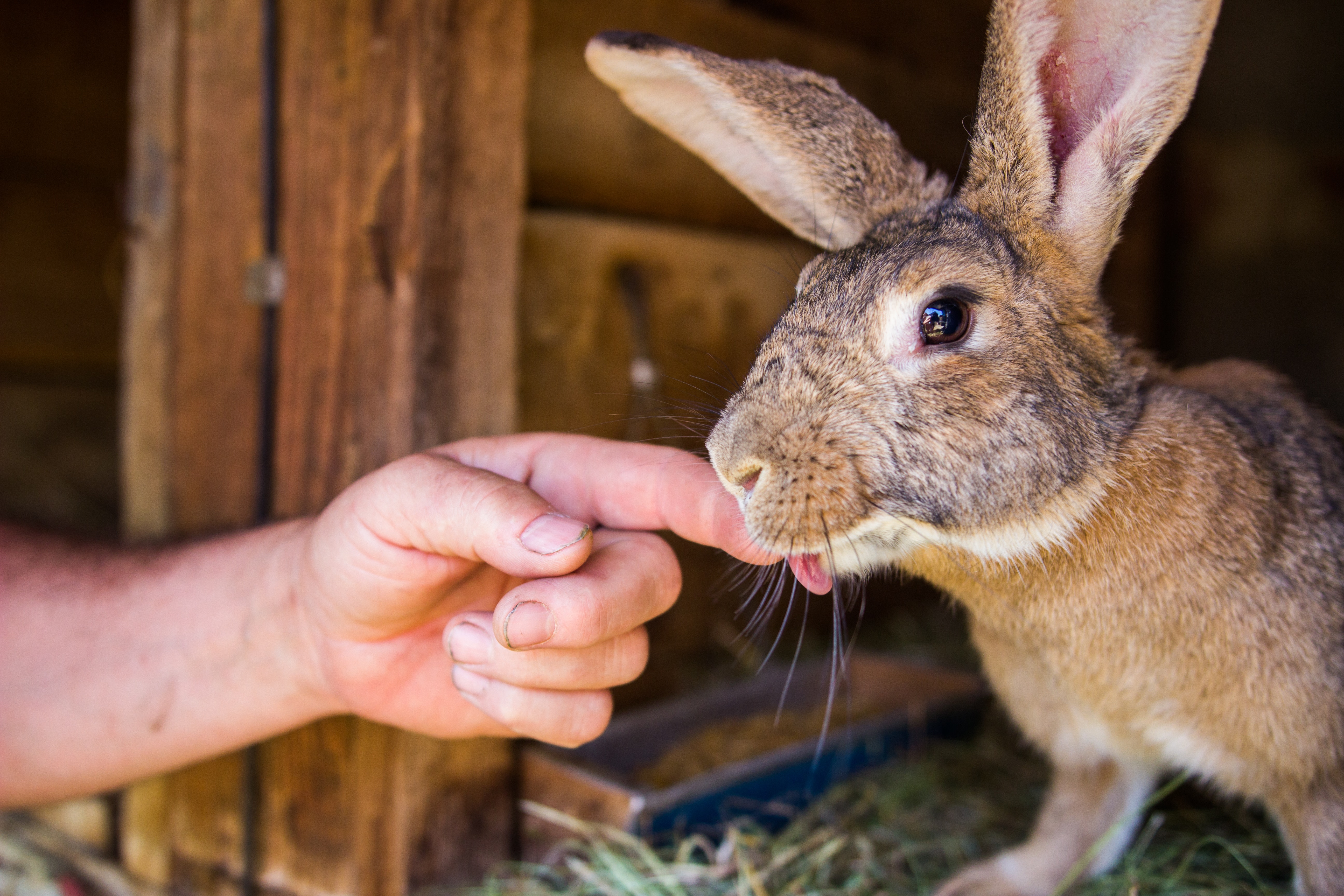
Health Issues: Rabbit moms can carry a variety of health issues, some of which can be serious. Common health issues include dental problems, infections, gastrointestinal problems, and reproductive disorders. It is important to take your rabbit mom to the vet regularly for checkups and to monitor her health.
Behavioral Issues: Rabbit moms can be prone to territorial marking, excessive vocalization and destructive behavior. Training your rabbit mom to respond to positive reinforcement and to respond to cues can help prevent behavioral issues.
Space Requirements: Rabbits require plenty of space in order to remain healthy and happy. The minimum indoor space for a single rabbit should be at least 10 square feet and the minimum outdoor space should be at least 25 square feet.
Feeding: Rabbits can be picky eaters and require a diet of fresh hay, fresh vegetables, and a limited amount of pellets. It is important to monitor your rabbit’s eating habits and make sure she is getting a balanced diet.
Grooming: Rabbit moms require regular grooming, including brushing, nail clipping, and teeth trimming. It is important to establish a regular grooming routine with your rabbit mom to keep her coat and nails healthy.
Tips for Raising a Rabbit Mom
- Provide Enough Space: Rabbits need plenty of room to move around and exercise. Make sure to provide your rabbit with a large enough space to run, jump, and play.
- Feed a High-Quality Diet: Provide your rabbit with a balanced diet of fresh vegetables, hay, and a small amount of pellets. Avoid giving your rabbit too many treats and make sure to always provide fresh, clean water.
- Practice Regular Grooming: Grooming is essential for keeping your rabbit healthy and free from parasites. Brush your rabbit regularly and trim its nails as needed.
- Provide a Safe Environment: Keep your rabbit away from potential predators and provide it with a safe, secure enclosure. Make sure to check the enclosure regularly for any damage.
- Provide Mental Stimulation: Provide your rabbit with plenty of mental stimulation by offering toys and hiding treats around the enclosure. This will help keep your rabbit engaged and entertained.
Frequently Asked Questions
What kind of environment is best suited for raising a rabbit?
- Temperature: Rabbits are better suited to live in cooler climates, and their ideal temperatures are between 10-20°C (50-68°F).
- Humidity: The ideal humidity level for a rabbit is between 50-70%. Higher humidity levels can cause respiratory issues.
- Space: Rabbits need plenty of room to exercise and explore. Make sure they have an enclosure that is at least 8 square feet.
- Lighting: Rabbits need 12 hours of light and 12 hours of darkness each day. This helps them keep their natural diurnal rhythm.
- Safety: Make sure their environment is safe from predators and other animals. Keep them indoors or in a secure, rabbit-proofed outdoor space.
- Cleanliness: Rabbits need a clean environment. Make sure to clean their enclosure and food bowls regularly.
How Often Should I Feed My Rabbit?
Rabbits should be fed twice daily, either morning and evening or once in the morning and once in the afternoon. The amount of food varies depending on the size and breed of your rabbit and should be based on the recommended amounts on the food packaging, but generally a tablespoon of pellets and a handful of hay per 2 pounds of body weight is recommended. Fresh vegetables, such as carrot tops or parsley, can be offered in addition to pellets and hay.
In addition to fresh food, a constant supply of hay should be available, as it provides essential fiber and helps keep your rabbit’s teeth in good condition.
What Kind of Toys Should I Provide for My Rabbit?
Rabbits need mental stimulation, just like any other pet, so providing a variety of toys for them to play with is important. Examples of toys to provide include cardboard boxes, paper bags, tunnels, and hay cubes. Toys should be changed out regularly to keep your rabbit engaged. Chew toys, like untreated wood blocks, are also essential for keeping your rabbit’s teeth healthy. Avoid giving your rabbit small toys as they can be a choking hazard. Additionally, never give your rabbit anything with strings or yarn as these can be dangerous if swallowed.
What kind of health problems can rabbits develop?
- Respiratory Infections: Rabbits can develop respiratory infections due to environmental factors like dust, smoke, ammonia, or dirty cages. These infections can be mild and will usually clear up with antibiotics.
- E. cuniculi: This is a type of parasite that can cause neurological problems, such as seizures, paralysis, or even death. It is transmitted through urine and feces, and can be treated with medication.
- Overgrown Teeth: Rabbits’ teeth grow continually, and if they don’t chew on something hard to keep them at a proper length, they can become overgrown. This can lead to serious health issues, including difficulty eating and drinking, weight loss, and even death.
- Gastrointestinal Stasis: This occurs when a rabbit’s digestive system slows down or stops, which can lead to bloating, loss of appetite, and dehydration. It is a serious condition and requires immediate medical attention.
- Fur Mites: These are small parasites that live in the fur of rabbits and can cause skin irritation, itching, and hair loss. They can be treated with medication.
What are the Recommended Vaccinations for Rabbits?
Rabbits should be vaccinated against two contagious diseases: Myxomatosis and Rabbit Haemorrhagic Disease (RHD). Myxomatosis is caused by the myxoma virus, which is spread through contact with infected rabbits, biting insects, and contaminated objects. RHD is caused by the calicivirus, which is spread through contact with infected rabbits and contaminated objects. Vaccinating your rabbit is the best way to protect them from these diseases, and can be done by your veterinarian. Vaccinations should be given once a year for Myxomatosis, and every 6-12 months for RHD.
Conclusion
Rabbit mommies and daddies have a rewarding experience ahead when they decide to raise a rabbit. With proper knowledge, care, and commitment, they can enjoy a thriving, happy relationship with their new furry family member. From diet and nutrition to housing and exercise, understanding these basics will help ensure a successful and long-lasting bond between pet and parent.
